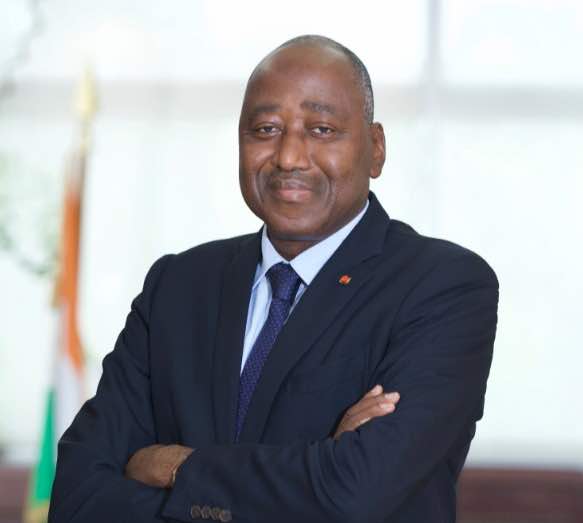Border Closure: Nigeria, Benin, Niger To Set Up Border Police
There is still no end in sight for Nigeria’s border closure, but Nigeria seems to be dragging its feet a little. Anytime, from November 26, there may be joint security forces manning the the closed borders, and at least giving way for certain goods to pass.
To this effect, Nigeria and neighbouring countries Benin and Niger have agreed to set up a joint border patrol force to tackle smuggling between the West African countries, they said in a communique on Thursday.
Read also: Trade in West Africa Chokes as Nigeria Extends Border Closure to Jan. 2020
Here Is All You Need To Know
-
- Foreign ministers from the three countries met to discuss smuggling following a decision by regional giant Nigeria, which has Africa’s largest economy and biggest population, to close its land borders to trade until at least Jan. 31, 2020.
Nigeria launched a partial border closure in August to tackle smuggling of petroleum products, rice and other goods; and last month, the Comptroller General of Customs confirmed that all trade via land borders had been halted indefinitely.
The joint communique from the meeting in Nigeria’s capital, Abuja, said the Benin and Niger delegations had appealed for the immediate re-opening of Nigeria’s borders.
The concerns were noted and the delegates agreed on the “establishment of a joint border patrol team comprising the police, customs, immigration, navy and state security services of the three countries”, the communique said.
The force will hold its first meeting in Abuja on Nov. 25 and 26 and will later advise on the re-opening of the borders.
The delegates also agreed that the ministers of finance and trade from the countries would set up a committee to promote intra-regional trade, and said they would ensure people crossing their borders would display travel documents recognised by the Economic Community of West African States regional bloc.
Since taking office in 2015, Nigerian President Muhammadu Buhari has introduced policies aimed at curbing imports and smuggling, to boost local production.
Read also: Border Closures Across Africa Threatens AfCFTA
Despite being Africa’s top crude oil producer, Nigeria imports most of its refined fuel due to the moribund state of its refineries.
Some 10–20% of Nigerian fuel is then smuggled to neighbouring countries, according to the Major Oil Marketers Association of Nigeria, as gasoline is heavily subsidised in the country and prices are higher in neighbouring countries.
In July, Nigeria signed up to the African Continental Free Trade Area, a project to create a $3.4 trillion economic bloc, despite its fears that it could be flooded with cheap goods from competitive neighbours.
Source:
Reuters
Charles Rapulu Udoh

Charles Rapulu Udoh is a Lagos-based Lawyer with special focus on Business Law, Intellectual Property Rights, Entertainment and Technology Law. He is also an award-winning writer. Working for notable organizations so far has exposed him to some of industry best practices in business, finance strategies, law, dispute resolution, and data analytics both in Nigeria and across the world
















